With 25 years of experience under his belt, TNAP asks Dr Robert C. Titzer, an expert in the area of infant learning to answer some frequently asked questions parents may have about their babies learning.

Do I need to make silly sounds and faces to my baby? Can I just speak to them in a normal manner?
It is okay to make silly faces and occasionally make silly sounds to babies, but for the most part, you should be talking in a more normal voice. It’s actually called “parentese” where one speaks with a slightly higher pitched voice and slightly over-enunciates.
For example: “I am HOLDING a BOOK” “The BOOK is ABOVE my HEAD” So how you emphasise the words and how you speak can actually attract the baby’s attention. By over-enunciating it’s easier for them to learn words, as many words in English and other languages sound very similar to one another sophist can help the child differentiate the words.
My baby babbles a lot. Is this a good sign?
Yes, early in life it’s a good sign. If your baby babbles and makes some kind of language-related sound then you should repeat back those sounds to the baby and try to have a “conversation” with your baby by making sounds back and forth.
My baby is not babbling or making any noise at all. Is this a bad sign?
It depends on the age of the baby, I don’t want to alarm the parents. But for the most part, don’t allow your baby to have a pacifier or dummy and if the baby is not making a lot of sounds I would definitely recommend getting the child’s hearing checked.
When should I start reading to my baby?
I would start shortly after birth. This does not teach the baby to read. It may teach the love of books or the love of stories and it would help eventually the child’s vocabulary, but children actually have to look at words or text for them to learn how to read. The average 4 or 5-year-old, according to studies, spend about 5 seconds per book focused looking at the text when the parent is reading to the child. So it’s not teaching reading but it is an important thing to do for many other reasons.
From your research, what is the best way for babies to learn?
It depends on what they are learning but I believe in a multisensory interactive approach so the baby would get to see things, hear things, and physically do things. No matter what kind of learner someone is; a physical learner, a visual learner, or an auditory learner, this approach should be effective. If you use a multisensory approach then the baby gets to learn through many different sensory systems so that would be preferred. It should also be interactive, not passive, so the baby is responding by doing things or saying words
Is there such a thing as overstimulation? How can I prevent this from happening?
If the baby is not enjoying it, then I would stop and take a break — maybe go outside and do some other kind of activity and then go back and try again. Usually, though, I found that parents are the ones who get tired and not the baby because the parents take a lot of energy to stimulate the baby properly and almost always the parents will get tired before the baby.
Screen time for babies – yes, no? What is your take on this and recommended age that babies should be exposed to them?

It depends on what the baby is looking at, so for instance, your tablet, phone, or television can be showing something that’s extremely important or educational or they could be showing a mindless cartoon. I don’t believe that babies, whose brains are developing so rapidly, should be watching entertainment-based mindless cartoons.
The TV screen itself is not going to harm the baby, as long as the television is 6 to 8 inches away from the baby, then it’s not going to harm the child – it just depends on the content whether it is good or bad for the baby. Babies generally do not have good enough vision to watch a television effectively until they are about 2 or 3 months of age, so I wouldn’t do it before 2 months and I would recommend introducing only educational programming to the baby around 2 or 3 months of age at the earliest.
What are some fun learning activities I can do with my infant to stimulate their brain?
I like to teach music and teaching language skills – those would be two of the more important activities. Teaching numbers can also be a lot of fun and have long-term positive benefits. It is extremely important for parents to teach babies language skills.
One interesting fact that most parents do not know about babies is…
That the actual brain processing speed changes based on the language environment they’ve had. So by 18th month of age babies think at a faster or slower speed based on the language environment they’ve had. That is interesting but also lets parents realise how important it is that they provide a rich language environment for their newborn and all the way until 18th months and beyond.
By Dr. Robert C. Titzer.
Dr. Titzer started teaching his own daughter Aleka to read when she was nine months old. By the age of four, she was reading at an 11th grade level.
After earning his teaching credentials from San Diego State University, Dr. Titzer taught in public schools on Guam and in California. He completed a Master in Science degree from The Pennsylvania State University and a Ph.D. in Human Performance in Indiana University, where he worked in infant development laboratories conducting important theoretical experiments related to infant learning.
Dr. Titzer has become a recognizable expert in the area of infant learning and his work has been published in scientific journals including the prestigious Psychological Review. He has given talks about early learning on four continents, speaking with tens of thousands of parents around the world. He has appeared on thousands of TV programs and networks, including SKY TV, Good Morning Amercian, The Richard & Judy Show and Prime Time Morning on Channel News Asia among many others.
If you find this article useful, do click Like and Share at the bottom of the post, thank you.
Want to be heard 👂 and seen 👀 by over 100,000 parents in Singapore? We can help! Leave your contact here and we’ll be in touch.





































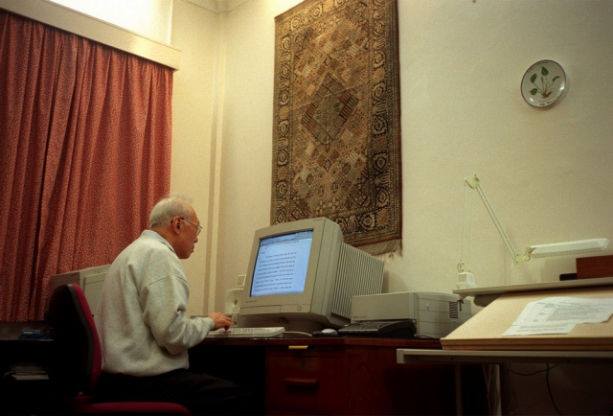
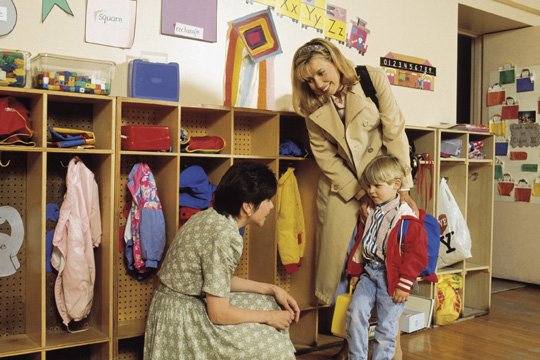



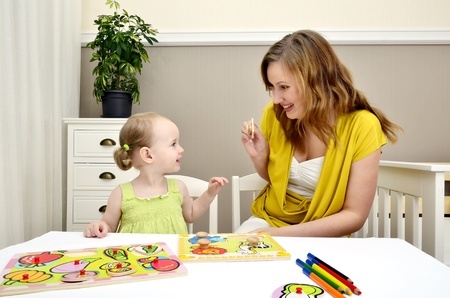



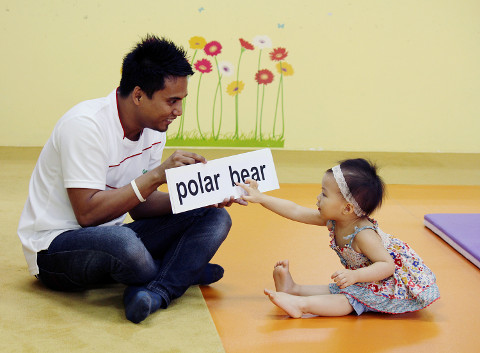
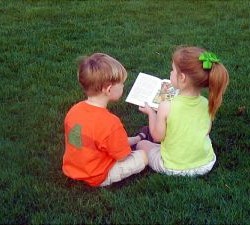
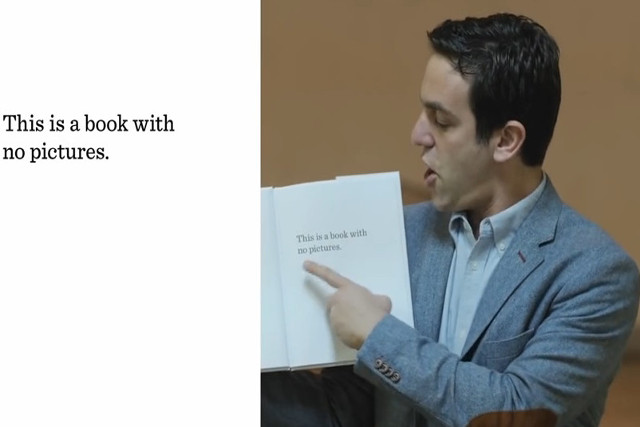









Leave a Comment: